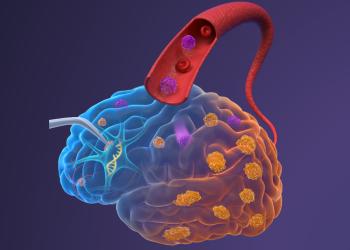News & Stories
2021
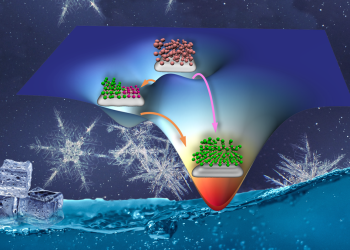
News
HKUST Researchers Unveil a Non-classical Nucleation Process That Enhances Ice Formation on Surfaces
Scientists from the Hong Kong University of Science and Technology (HKUST) have recently discovered a non-classical nucleation process that can greatly facilitate ice formation on foreign surfaces. This finding lays the foundation to predict and control crystallization processes.
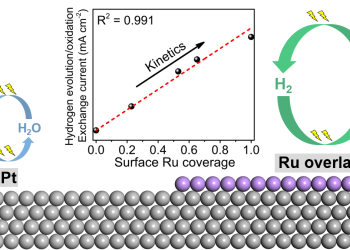
News
HKUST Scientists Discover New Mechanisms of Activity Improvement on Bimetallic Catalysts for Hydrogen Generation and Fuel Cells
A group of researchers at the Hong Kong University of Science and Technology (HKUST) and Xiamen University has revealed new understandings of how surface ruthenium atoms can improve the hydrogen evolution and oxidation activities of platinum. This discovery opens a new venue for rational design of more advanced catalysts for electrolyzer and fuel cell applications.
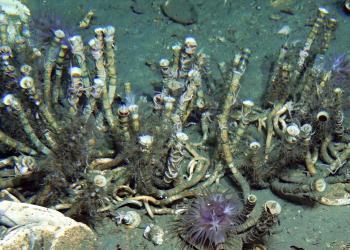
News
HKUST Researchers Unlock Genomic Secrets of Gutless Deep-sea Tubeworm
Researchers from The Hong Kong University of Science and Technology (HKUST) decoded for the first time the chromosomal-level genome of a deep-sea gutless tubeworm and how the worm’s co-living bacterial partners manufacture organic nutrients for its host so it can survive the extreme habitat. The discovery lays foundation for potential applications such as biomaterial production and microbial growth control.Living in deep-sea hydrothermal vents and cold seeps ecosystems characterized by darkness, high pressure and often high concentrations of toxic substances, submarine tubeworms - common living organisms of such extreme environments, were known to owe their survival and fast growth to sulphide-oxidising symbiotic bacteria that live inside their body. However, the success behind such a complementary “marriage” between the tubeworms and their co-living bacteria had remained unknown due to the lack of genomic resources.
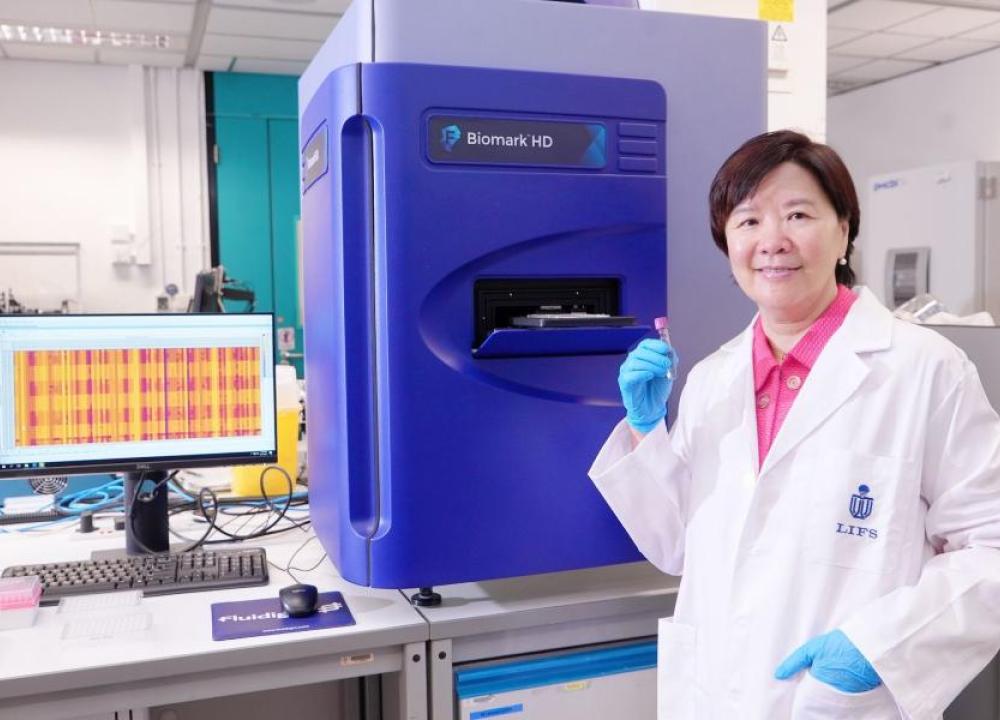
News
HKUST Scientists Develop Simple Blood Test for Early Detection of Alzheimer’s Disease
An international research team led by HKUST has developed a simple but robust blood test from Chinese patient data for early detection and screening of Alzheimer’s disease (AD) for the first time, with an accuracy level of over 96%.Currently, doctors mainly rely on cognitive tests to diagnose a person with AD. Besides clinical assessment, brain imaging and lumbar puncture are the two most commonly used medical procedures to detect changes in the brain caused by AD. However, these methods are expensive, invasive, and frequently unavailable in many countries.
News
HKUST-Beijing Tiantan Hospital Researchers Discover a New Cause for the Cerebral Cavernous Malformation
Researchers from the Hong Kong University of Science and Technology (HKUST) and Beijing Tiantan Hospital have recently uncovered a new gene mutation responsible for the non-familial patients of cerebral cavernous malformation (CCM) - a brain vascular disorder which inflicted about 10~30 million people in the world.While the mutation of three genes: namely CCM1, CCM2, and CCM3, were known to be a cause of CCM – they mostly targeted patients who has family history in this disorder – which only account for about 20 per cent of the total inflicted population. The cause for the remaining 80 per cent non-familial cases, however, were not known.
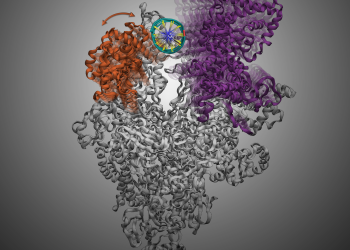
News
HKUST Scientists Discover How Antibiotics Target Bacterial RNAP to Inhibit Its Gene Transcription
A group of researchers at the Hong Kong University of Science and Technology (HKUST) has uncovered the mechanism of how DNA is being melted to start bacterial gene transcription and how one class of antibiotics inhibits this process – an important way in killing bacteria. This discovery provides useful insight on the development of new antibiotics for bacteria that is antimicrobial resistance.
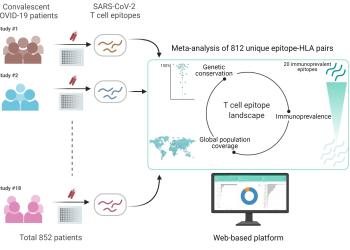
News
HKUST's Meta-analysis Shows SARS-CoV-2 Variants Unlikely to Affect T Cell Responses
In a new study, scientists at The Hong Kong University of Science and Technology (HKUST) have revealed that most T cell epitopes known to be targeted upon natural infection are seemingly unaffected by current SARS-CoV-2 variants.
In their latest research, the team compiled and analysed data from 18 immunological studies of T cell responses involving over 850 recovered COVID-19 patients from across four continents who are well-distributed in age, gender, disease severity and blood collection time. They demonstrated that T cells in these patients targeted fragments (epitopes) of almost all of the virus' proteins, including the spike protein that is a main target of many existing vaccines. As an important finding, based on analysis of over 850,000 SARS-CoV-2 genetic sequences from around the world, most of these epitopes appeared to be unaffected by the current variants of concern.









